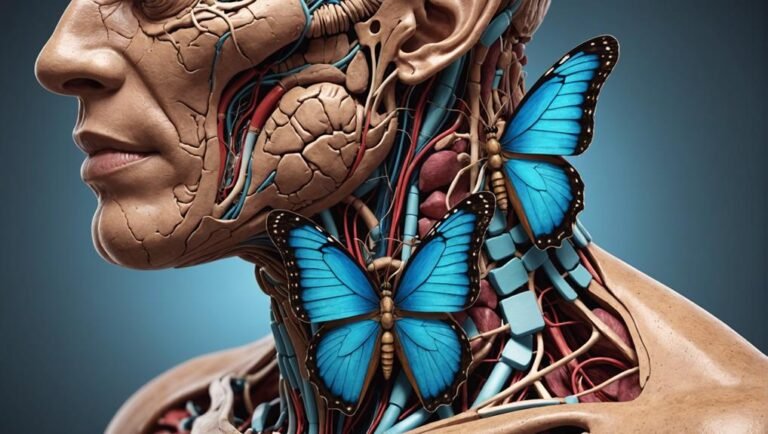Health Focus on Child & Teen Wellbeing
In a world where children and teens are facing complex challenges, ensuring their well-being becomes paramount. From the significance of green spaces in promoting physical activity to the potential risks associated with muscle-building trends among adolescents, the spectrum of considerations is vast. Additionally, with resources like the Harvard Health Watch shedding light on evidence-based insights, a thorough understanding of child and teen health emerges. By exploring these critical facets, a deeper comprehension of the strategies needed to cultivate a nurturing environment for the holistic development of our younger generations is uncovered, prompting reflection on the importance of proactive health initiatives in shaping their future.
Key Takeaways
- Green spaces promote physical activities and mental well-being in children.
- Excessive muscle-building in teens can lead to negative body image and health issues.
- Harvard Health Watch focuses on child drug safety, obesity prevention, and reliable health information.
- Balanced fitness approaches are crucial for teens' growth and self-acceptance.
- The platform advocates for healthy practices and supportive environments for children and teens.
Importance of Green Spaces for Kids
Amidst the hustle and bustle of modern life, the significance of green spaces for children's wellbeing and development cannot be understated. Benefits of outdoor play in such environments are manifold. Green spaces provide children with opportunities to engage in physical activities, fostering healthy growth and development.
These areas offer a sanctuary for kids to explore, play, and connect with nature, promoting mental well-being and reducing stress levels. Additionally, outdoor play in green spaces encourages creativity, imagination, and social interaction, essential skills for children's overall development.
Risks of Muscle-Building in Teens
The pursuit of muscle-building in teenagers poses inherent risks that warrant careful consideration and guidance to safeguard their overall health and well-being. While wanting to enhance one's physique is natural, excessive focus on muscle-building can have a negative impact on teens, both physically and mentally.
Teenagers may feel pressured to conform to unrealistic body ideals, leading to issues such as body dysmorphia and low self-esteem. Additionally, intense workout regimens and the use of supplements without proper supervision can result in injuries, hormonal imbalances, and stunted growth.
It is essential for parents, educators, and healthcare providers to promote a balanced approach to fitness and emphasize the importance of self-acceptance and overall well-being over achieving a particular body image.
Harvard Health Watch on Child Health
In light of the risks associated with muscle-building in teens, the Harvard Health Watch on Child Health provides valuable insights and guidance to promote the well-being of adolescents. This resource emphasizes the importance of drug safety in children, highlighting the need for proper education and awareness regarding medication use.
Additionally, the Harvard Health Watch addresses the concerning issue of childhood obesity, offering evidence-based strategies for prevention and management. By focusing on these critical aspects of child health, the Harvard Health Watch serves as a trusted source of information for parents, caregivers, and healthcare professionals alike.
Prioritizing the safety and well-being of children, this platform plays a significant role in advocating for healthy practices and fostering a supportive environment for young individuals to thrive.
Conclusion
To sum up, prioritizing the health and well-being of children and teens is paramount for their overall growth and development.
By promoting outdoor play in green spaces, addressing the risks associated with muscle-building in teens, and providing evidence-based insights on child health, we can create a supportive environment that fosters healthy practices and self-acceptance.
Remember, 'an ounce of prevention is worth a pound of cure.'







